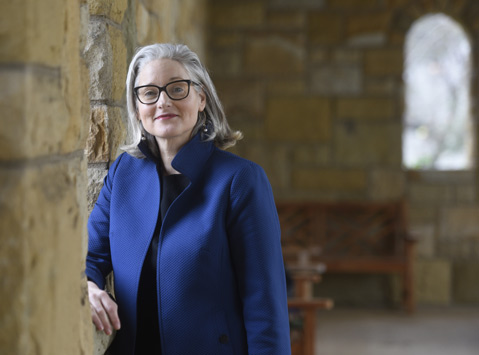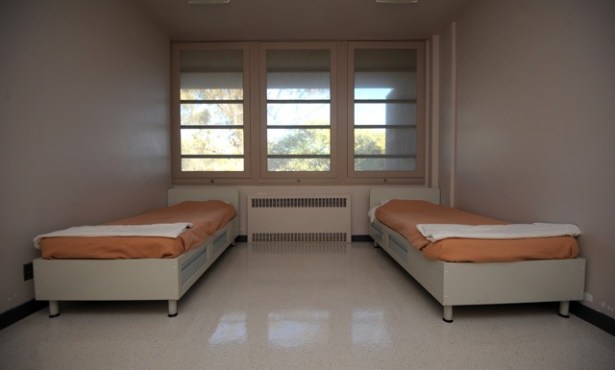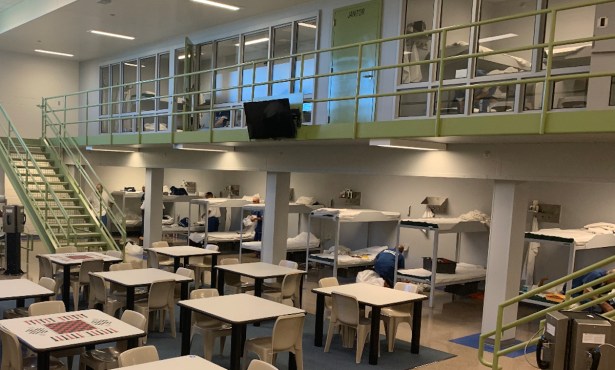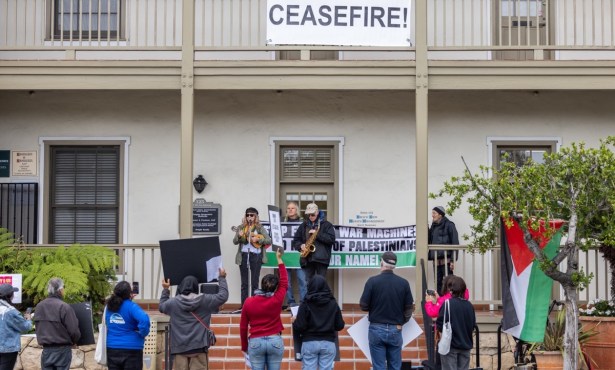Cottage Embarks on Listening Tour
Polls Community Health by Phone

In the next eight weeks, more than 2,000 county residents will be getting a phone call from Cottage Health System asking a series of personal questions — how many times they’ve seen a doctor in the past year, whether they’re taking heroin or prescription drugs, how satisfied they are with their food choices, and how often they got together with friends or relatives in the last month.
The surveys are strictly confidential, said Elizabeth Majestic, Population Health czar for Cottage Health System, will take about 15 minutes to complete, and are designed to better reflect the health care challenges faced by county residents, as well as their access to health care providers. Majestic, Cottage’s first and only Population Health director, said she’s hoping the results illuminate the community’s behavioral challenges, disease rates, access to care, and social determinants of health — income, ethnicity, and education — down to the neighborhood level.
Cottage hired consulting firm ICF Macro to make the calls, but Majestic and Cottage put together the questionnaire. Having worked with the Centers for Disease Control for years, she asked questions that will allow Cottage Health planners to compare their results with other counties throughout California and the nation. “We’re trying to provide actionable health info for our community and the health system,” she said. Majestic said Cottage will share the results with community nonprofits so they can better target their services. Likewise, she said Cottage will be starting a website, “Cottage Health Data to Go.”
Every three years, all nonprofit hospitals are required to conduct community health assessment surveys, so Cottage is not a newcomer to this practice. The new survey, Majestic said, will be “broader in scope and more in-depth” than those given in the past. She is especially intent on low-income populations. To that end, she said low-income households will be “oversampled.” The results will be combined with census tract data that offer a more vivid neighborhood-by-neighborhood breakdown than zip codes, which often include very wealthy and very poor populations, making it harder to tease out health issues according to income levels.
Some of the questions are pretty obvious. With the epidemic of heroin and prescription drug abuse, there will be several questions on drug consumption. Some questions are not so obvious, like the ones about talking with friends and relatives. “These are questions by proxy about social isolation,” Majestic said. “People who live to be 105 tend to live lives with purpose and connection with others,” she said. That information would prove useful in referring such patients to the proper treatment program. “With people who are isolated, you want to get them out of their homes as much as possible,” she added.
After Cottage is finished conducting the surveys, Majestic said the hospital will launch a series of about ten focus groups to get a better sense of what different constituencies in the community are seeing and hearing regarding health challenges and opportunities. Hospital workers — from cafeteria workers to doctors — will constitute one of the focus groups. So will school personnel and nonprofit organization workers. “The point is to get some context for all the data we’re collecting,” Majestic said. “We want to know what people are seeing. We’re going to listen as much as we can.”



